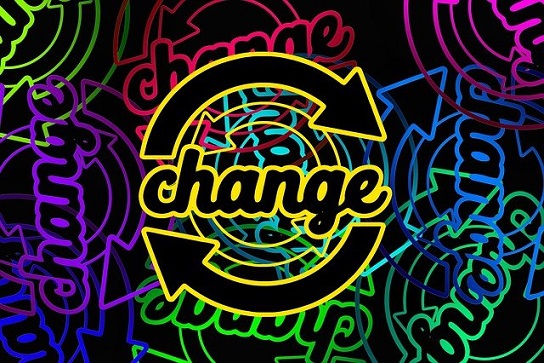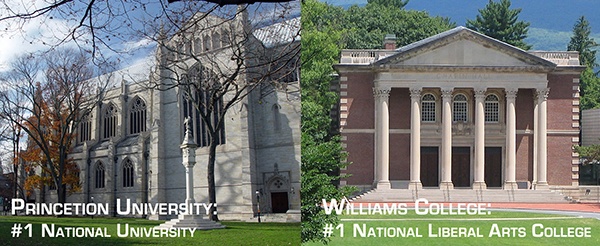Does your major affect your acceptance into colleges? Can choosing a less popular major give you a better shot at getting into your dream school? If so, what major is easiest to get into college with?
There are a lot of misconceptions about the role your intended major plays in college admissions and which majors are "best" for people hoping for a higher admission chance. This guide will explain everything you need to know on how your major affects your admission, which majors are typically the most competitive and least competitive, and if it's a good idea to choose a major based on acceptance rates.























